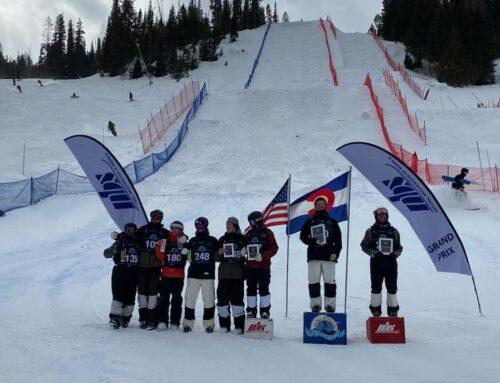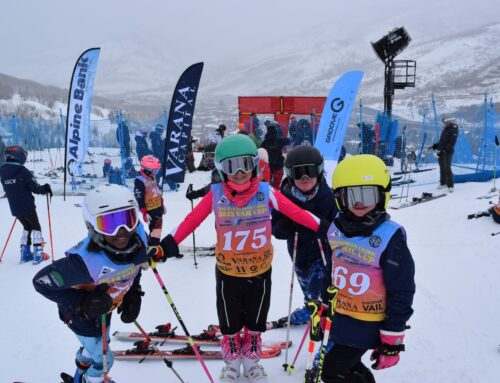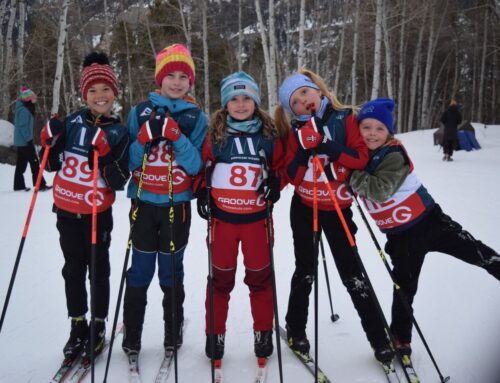While watching the film, “On the Way to School”, one is reminded that children in other parts of the world often demonstrate more urgency towards education. Sure, we can point at American children who are zealous about their school experience, but more often our kids consider school to be a mundane necessity. This mindset is often a reflection of their parents’ primary school experience. It leads to discussions in school staff meetings around ‘interests’. How do we capture the genuine interests of our kids while still ‘covering’ the curriculum? How can we increase student engagement? How can we light the flame of learning for our kids?
Again and again, our staff has arrived at the value of individualizing the education experience for each child. This is, of course, a significant challenge. It is the same challenge a youth soccer coach faces when trying to improve their team. It is the same challenge a CEO faces in developing his staff towards excellence. It is harder than it looks and requires a strong teacher-leader in every classroom to develop methods of customization. Fortunately, our teachers can begin to mass customize the learning experience through tools like Khan Academy, Mastery Connect, and through a flipped learning model – which puts the lecture on video for the kids to watch at night so that classroom time can be spent answering ‘capstone’ questions while developing unifying concepts. Finally, schools can actually differentiate the learning product, process and content by utilizing assessments that expose the individual strengths of each child.
This paradigm shift in education may seem like insignificant news to personalities within our system who want nothing to do with change. But, for those that have truly grappled with the implementation of a more customized education experience, the tools we have now are very empowering to educators and students. By implementing a ‘one to one’ model, teachers can design lessons that are tailored to the specific interests of each child. Feedback through an email or on a collaborative document can be provided outside the rigidity of a 70 minute time frame. Formative assessments can be implemented in 3 minutes or less and can tell a teacher immediately what percentage of their kids have grasped a new concept.
If we want to see more engaged students in our schools then we need to determine what they are passionate about and stoke that passion. Once kids are excited (and therefore listening), we can develop specific lessons that expose challenging real-world knowledge. It is not enough, in a time of dramatic climate change, to study dozens of flashcards about carbon. We must instead engage that subject in a way that creates real and meaningful change in our community. Instead of just studying a polluted river we should act on our research and clean it up. In doing so, kids will become more deeply connected and eventually excited about the topic.
The reason that kids from India and Morocco and Kenya are more urgent about their education is that they have been able to connect education with the welfare of their families. It is time for American children to draw similar connections and the role of teachers in this process is critical. We must think beyond the silly old charade that school has become over the last few generations and refocus on connecting lessons to real world problems in our community that require creative solutions. We must infuse the most innovative technologies and see the world as a collection of problems that our children must begin to solve. It is an exciting time – time to roll up our sleeves and get kids excited about improving the world.
Geoffrey Grimmer is the Headmaster of the Vail Ski & Snowboard Academy. He has been featured in Daily Edventures and is the reigning Maloit Park Tetherball Champion.







Follow SSCV